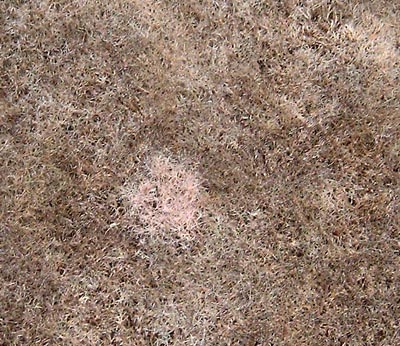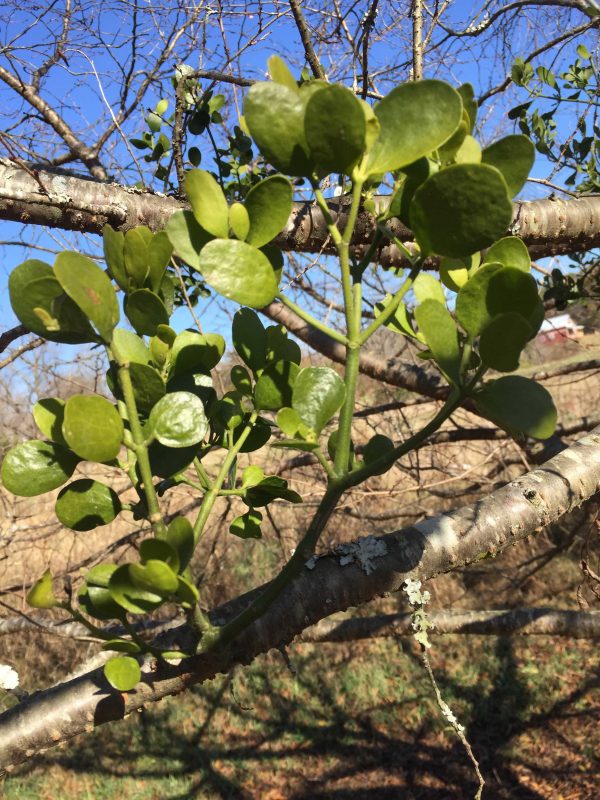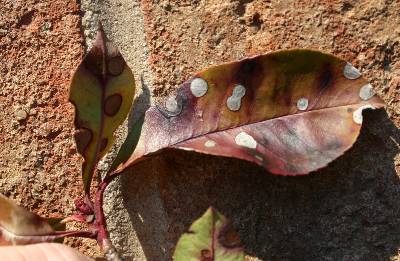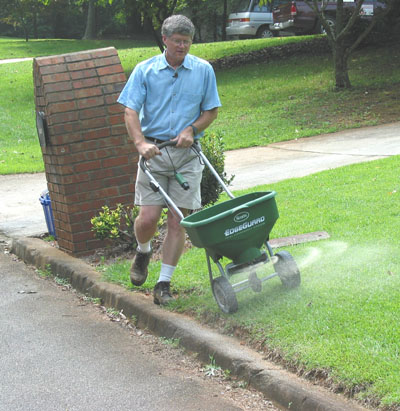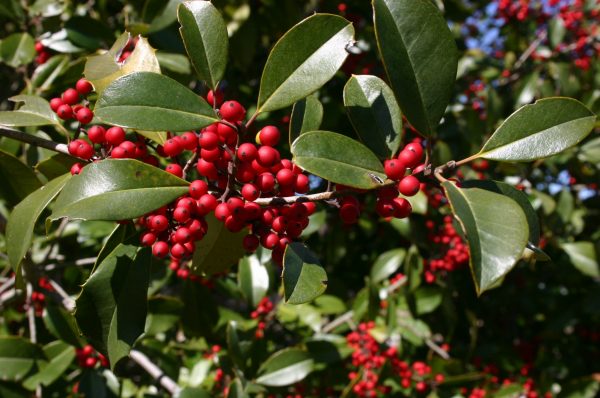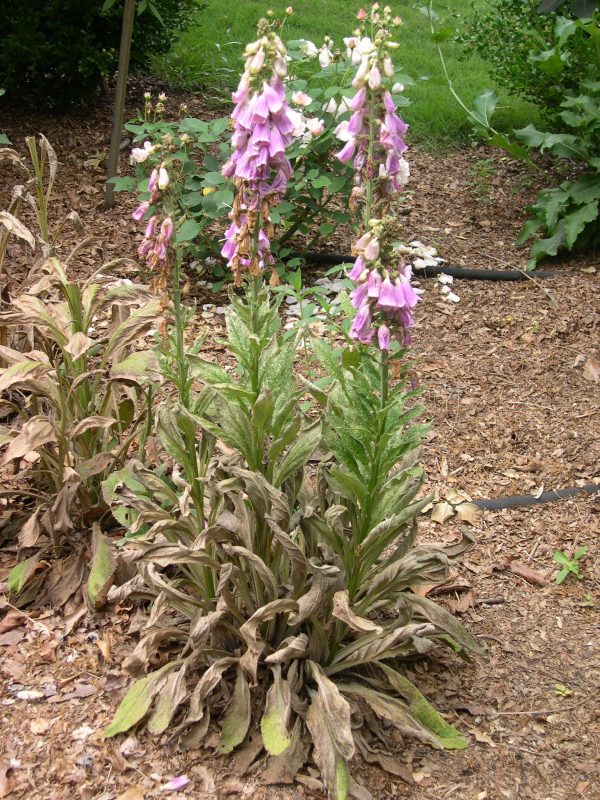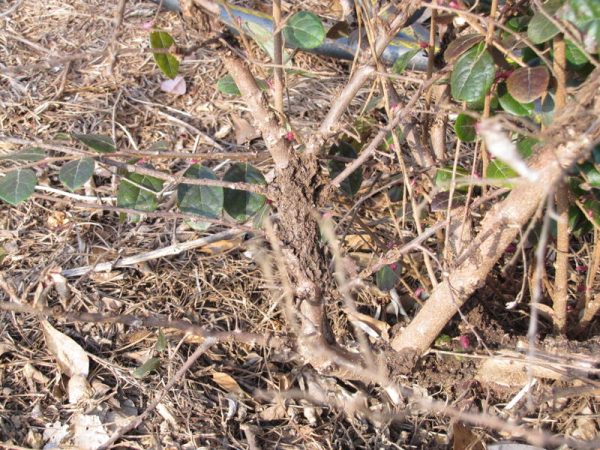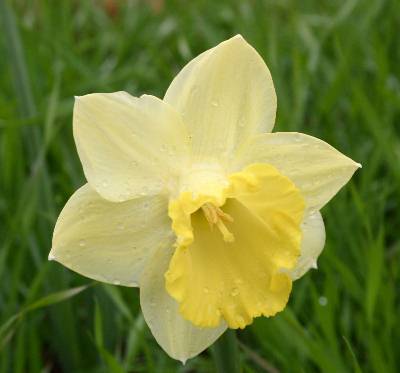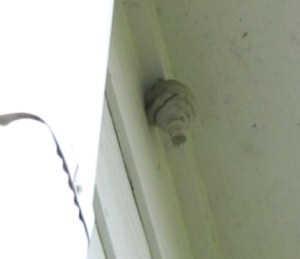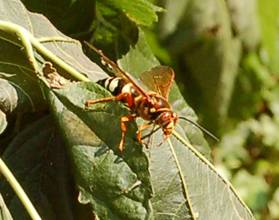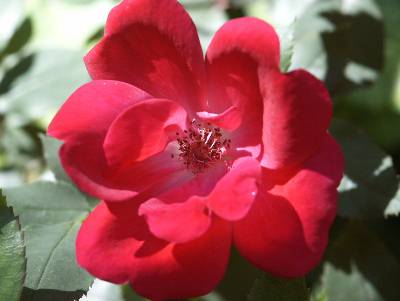Pink Snow Mold – Identification
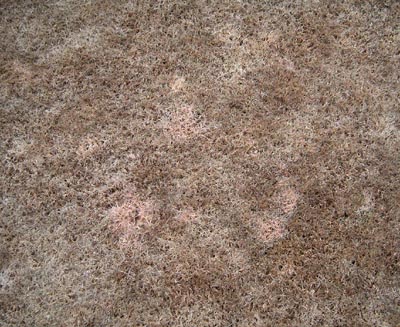
Q: Can you tell me if this is something I should be concerned about? These spots appeared after the grass had been dormant for quite a while. I noticed them in December.
They appear pink in color and are about the size of softballs. After a rain they seemed to fade and blend in with the rest of the grass, but after 2 days without rain they are pink again.
We probably have a dozen or so of these spots. The bermuda is about 5 years old.
A: Dr. Alfredo Martinez, at the UGA Extension Department of Plant Pathology says
“The culprit seems to be Microdochium patch. Pink snow mold is a disease associated with snow cover, appearing when snow melts. Microdochium patch is the name of the disease that occurs without snow cover. The causal organism is Microdochium nivale, (formerly known as Fusarium nivale).
“Not much you can do with dormant (or semi-dormant) bermuda. This is mostly a foliar disease, therefore increasing temperatures and bermuda’s aggressive growth in spring should suffice to cover it over. Spots are going to be there ’till green up.
“As with other turf diseases; reducing shade and providing good soil aeration and proper water drainage (at spring time) should help to limit disease spread, allowing turf to recover and grow faster. Avoiding excess nitrogen fertilizers in the fall also helps to prevent this problem. Good levels of potassium in the soil (fall) seem to be beneficial in reducing the disease in winter.”

